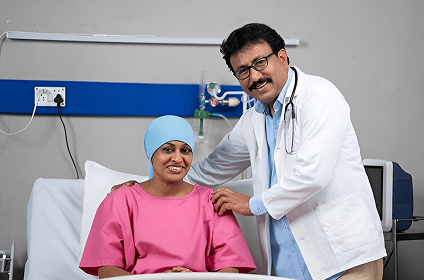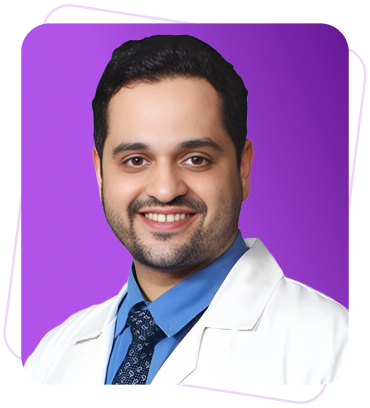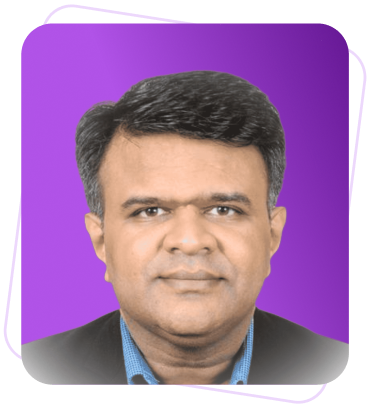Targeted Treatment for Hormone-Sensitive Cancers
Hormonal therapy, also known as endocrine therapy, is a cancer treatment that blocks or lowers hormone levels to slow or stop the growth of hormone-sensitive tumors. It is primarily used for breast and prostate cancers, which rely on hormones like estrogen or testosterone to grow.
Hormonal therapy helps in reducing cancer recurrence, slowing disease progression, and managing symptoms. It is often used:
Hormonal therapy can be administered in different ways depending on the cancer type and treatment plan:
Hormonal therapy can cause some side effects, which vary based on the treatment approach:
It varies but is often prescribed for 5-10 years to prevent recurrence.
No, hormonal therapy specifically targets hormone-sensitive cancers, whereas chemotherapy affects all fast-growing cells.
.
No, it is effective for hormone-sensitive cancers, such as certain breast and prostate cancers.

Early cancer detection using thermal mammography, providing radiation-free imaging for safer and more accurate breast cancer screening and diagnosis.

Personalized treatment attacking specific cancer cells, reducing harm to healthy tissues while increasing therapy effectiveness and reducing side effects for better patient outcomes.

A non-invasive technique reducing chemotherapy-induced hair loss by cooling the scalp, improving patient comfort and emotional well-being during cancer treatment.

Oncologist & Hematologist


MD Medicine (AIIMS) DM Medical Oncology (AIIMS) MRCP (UK), DNB, ECMO
Medico Oncologist & Hemato Oncologist

Indian Cancer Treatment Centre, unit of Sky Oncology LLP is a leading institution established with the aim to provide the best cancer treatment, to all types of cancer patients, in accordance with the latest and ever-changing advances in the field of oncology and provide the best cancer care